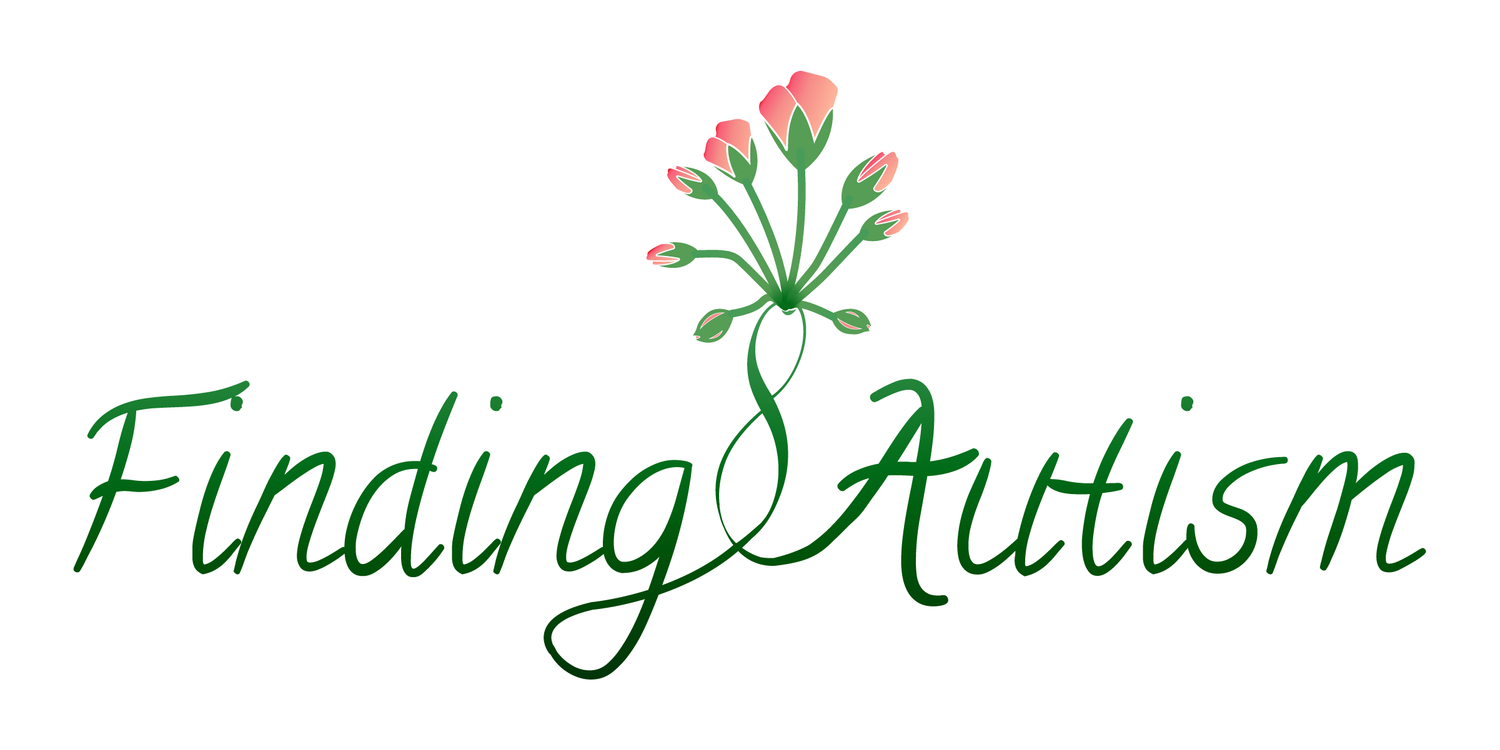Blog Post: Empowering Autistic Clients through Strengths-based Therapy
Let’s dive right into some questions and answers about strengths-based approaches to supporting Autistic people.
What is strengths-based therapy?
Strengths-based therapy focuses on a client’s internal strengths, abilities, interests, and resources, rather than focusing solely on challenges or what a person cannot do. Shifting the focus onto positive qualities aims to help clients to find their strengths, build on these strengths, improve resilience, and feel more empowered in their lives.
In other words, a strength-based approach to support allows us to see ourselves at our best – the value we bring to the world by just being us. This approach shifts the focus away from the idea that there is a “right” or “wrong” way for people to be. It is therefore less pathologising compared to traditional therapeutic approaches, and when done right, provides a more balanced and holistic view of self.
Do strengths-based approaches to therapy ignore or dismiss challenges?
When implemented properly, strengths-based approaches to therapy do not ignore challenges. Rather, this approach considers how our personal strengths or available resources can support us to overcome challenges in our lives.
Strengths-based approaches to support examine the strengths, resources, and capacities of not only the individual, but also their surrounding environments (1). It also considers how different environments or circumstances might hold back an individual’s growth or their ability to harness their strengths.
The reality is that Autistic people can face many legitimate challenges and environmental barriers that make life harder. The goal of strengths-based therapy is not to dismiss or invalidate hard realities. Rather, it is to support individuals to understand themselves and their relationship to their environment in a balanced way that provides as much empowerment as possible.
Is there evidence that strengths-based practice is effective for Autistic people?
Several research studies show that strengths-based practice is an effective way to support Autistic people. Some documented benefits of strengths-based support for Autistic people include:
Increased motivation, participation in life activities, and learning in strengths-based environments (2)
More authentic relationships (3)
Better self awareness (4)
Improved psychological wellbeing (5)
A more positive sense of Autistic identity (5)
Higher self confidence and self esteem (6)
Increased self advocacy (8)
Lower levels of anxiety, depression, and stress (7)
"Everyone is a genius, but if you judge a fish on its ability to climb a tree, it will live its whole life believing it is stupid.”
- Albert Einstein
Unfortunately, being Autistic in a world of mostly neurotypical people, we often go through our lives with constant reminders of what we are doing “wrong”. We are described as deficient in X, Y, and Z. What I love about strengths-based therapy is that it provides an opportunity to re-connect with ourselves from a place of self acceptance rather than shame. It creates the space and time to celebrate our unique strengths, interests, and the value that we bring to the world.



